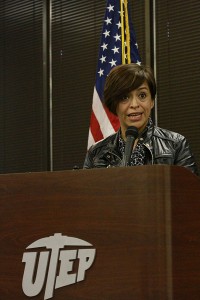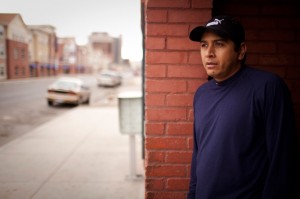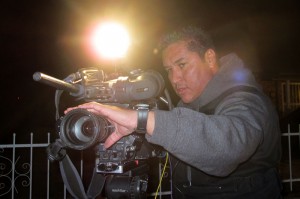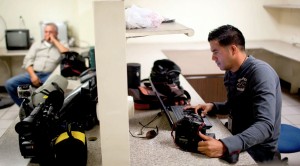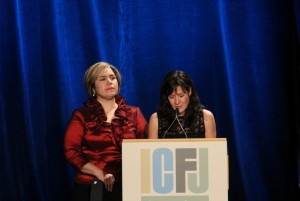Ruben Salazar questioned his own ethnic identity and the role of journalism in American society
|
EL PASO — Writing in his personal journal shortly before newsman Ruben Salazar was killed by cops during a 1970 Chicano Anti War march in Los Angeles, the now legendary Mexican-American journalists asks: “Why do I always have to apologize to Americans for Mexicans and to Mexicans for Americans?”
His question sounds almost innocent against the turbulent anti-establishment tone of the times. Yet it still resonates for most U.S. journalists with hyphenated identities, myself included. As I watched the PBS documentary, “Ruben Salazar: Man in the Middle,” a few weeks ago at a packed auditorium on the University of Texas El Paso campus, it felt like I was looking into a mirror and witnessing my own ambiguity about my Cuban and U.S. identities. It seems to me that ambiguity about identity frames the existential experience of most immigrants to this country. Where do we belong?
